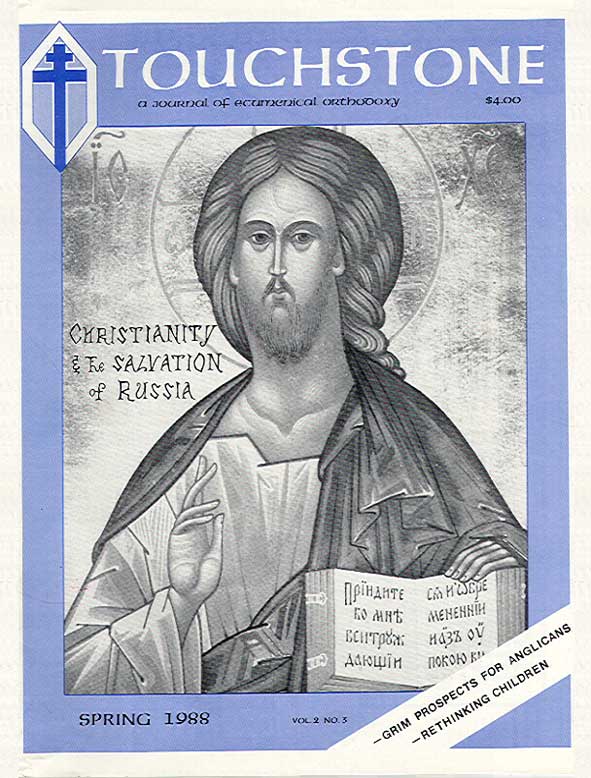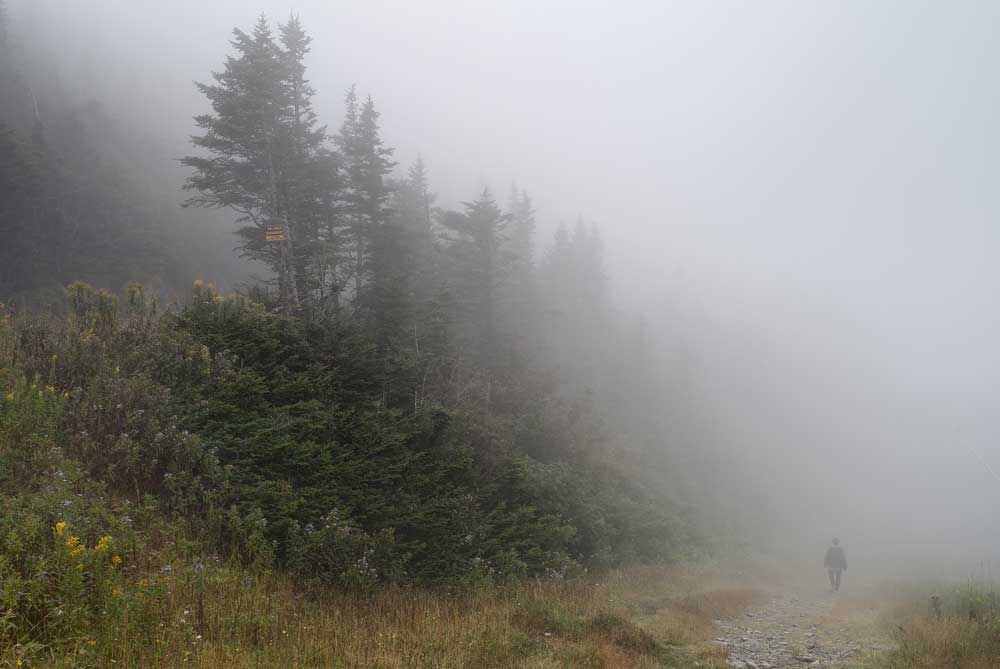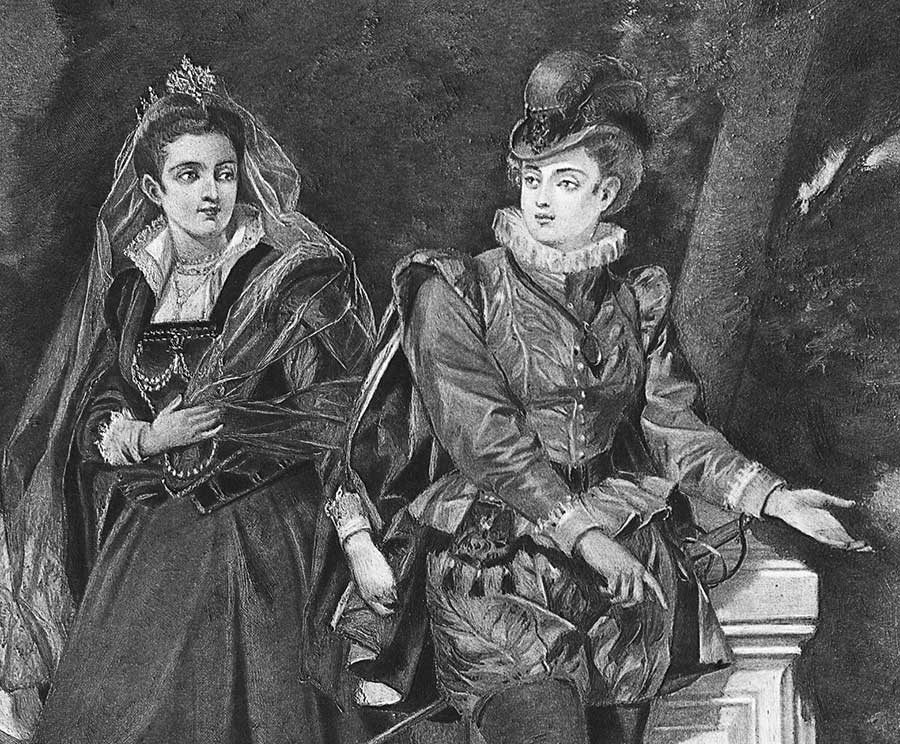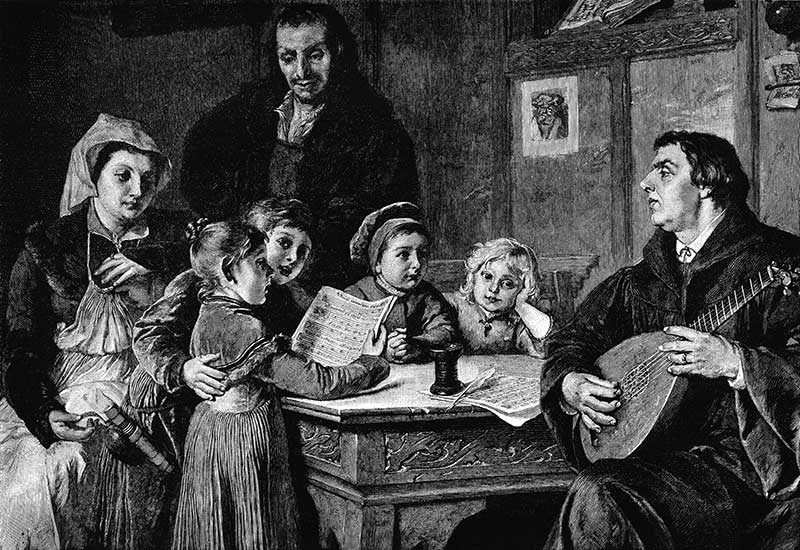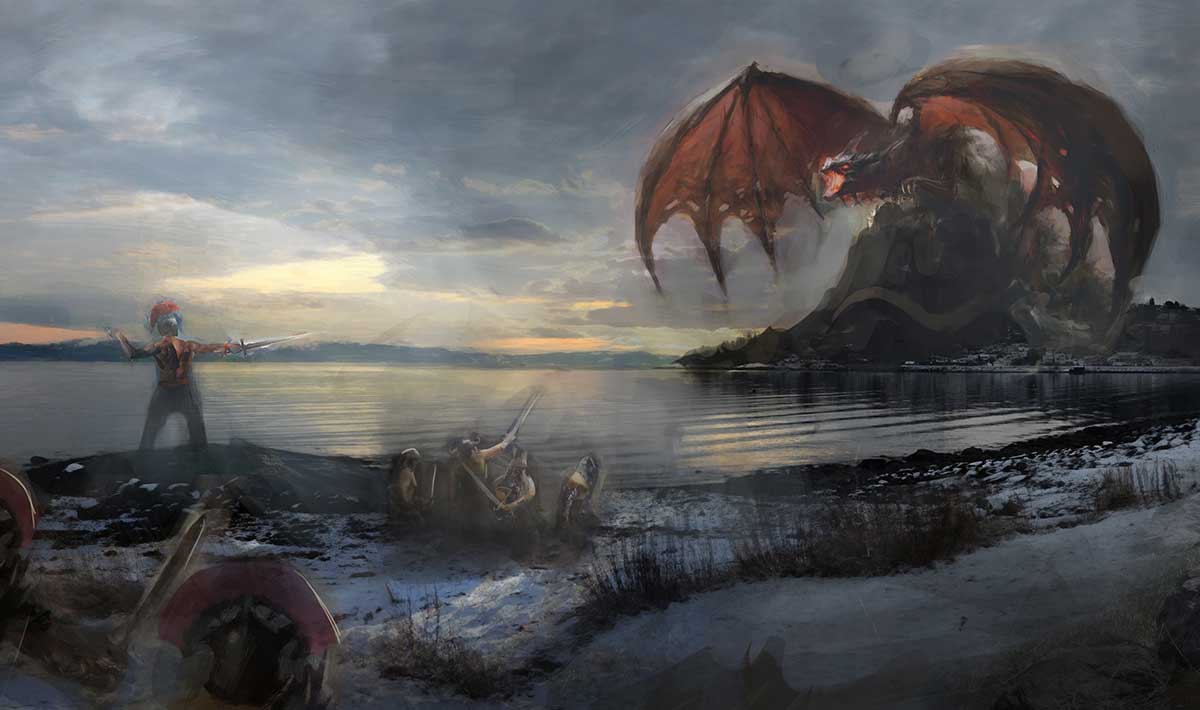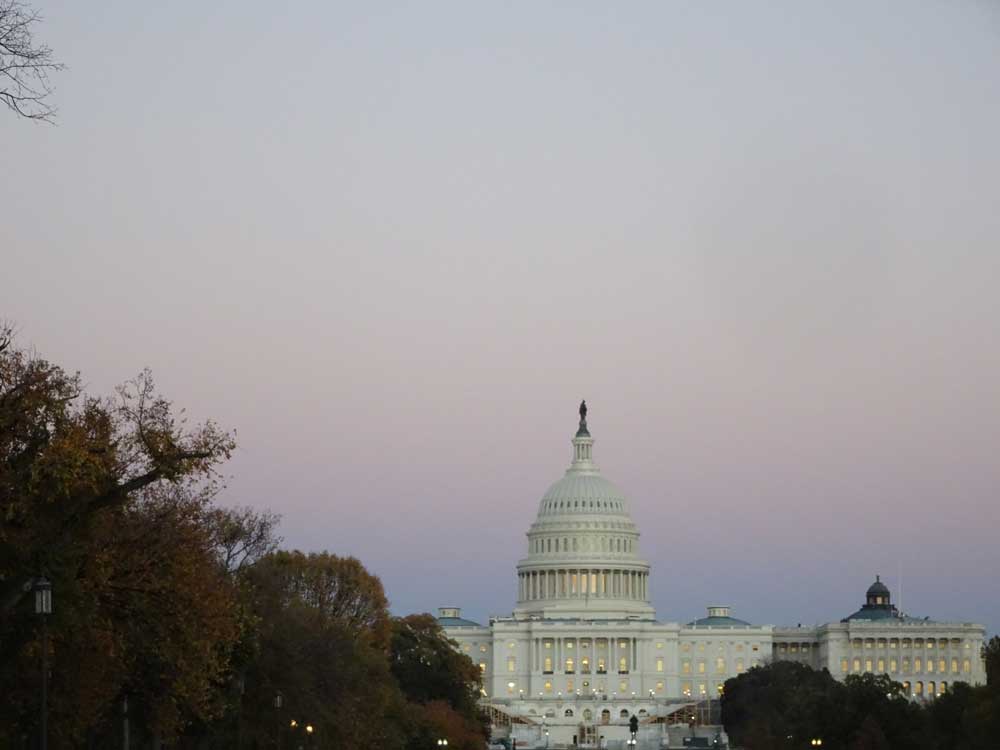Selected Letters of Fyodor Dostoyevsky
edited by Joseph Frank and David I. Goldstein
translated by Andrew R. MacAndrew
New Brunswick and London:
Rutgers University Press, 1987. 543 pages. $29.95
reviewed by Steven Faulkner
Fyodor Dostoyevsky’s letters are seldom works of art. Scribbled off in the heat of necessity, usually financial, these letters, full of illegible words, inkblots, and crossed out lines, introduce us to another side of the man whose novels are so carefully arranged and so finely tuned. It is rather surprising and in a way refreshing to find the diligent craftsman of Crime and Punishment and The Brothers Karamazov hasting from subject to subject, careless of style. We find him reproaching his family for not writing, justifying his own procrastination, and throwing out lavish affection to the family he misses so much—all in a single breath; he complains of illness, frayed nerves, and of his chronic shortages of money. Joseph Frank, an editor of this volume, remarks that Dostoyevsky “lived and worked under such continuous pressure that, for the greater part of his life, it was impossible for him to regard the time given to writing letters as anything but an intrusion and a waste.” (p. xii) But we are richer for his waste. For in these letters we have a more direct access to the man, his circumstances, relationships, art, and most important, his beliefs.
The editors, Frank and Goldstein, have selected one hundred and fifty-two letters from four volumes of Dostoyevsky’s letters published in Russia. The letters are presented consecutively, beginning with the expressive, romantic letters of the sixteen-year-old student in 1838 and ending on the morning of his death in 1881 with a terse description of his illness and of his last confession and communication. Frank and Goldstein have carefully annotated the letters, explaining historical circumstances, personages, and other matters necessary for the reader’s understanding. Without doubt, many of these letters will be of great interest to students of Dostoyevsky’s life and works. Three letters in particular provide us with rare insight into turning points in his life. A number of other letters are valuable for explaining his artistic methods and purposes. I found some of them especially helpful in interpreting his final great work, The Brothers Karamazov.
The first of these turning points occurred on the scaffold. Dostoyevsky along with several others had been sentenced to die for participating in a subversive organization. Seconds before their anticipated end they were told that their sentences had been commuted to hard labor in Siberia. Moments later they returned to their cells, where Dostoyevsky wrote his brother Mikhail of the joy of life regained and of his trepidation for the future. It is for young Dostoyevsky a revelatory moment: “Never before have such rich and healthy reserves of spiritual life been seething in me as now. But will my body stand the ordeal?” (p. 52, Letter 18) As Frank says, “The words he wrote on this occasion spring straight from his very soul and take us into the most secret recesses of his feeling about life—his ecstatic apprehension of its infinite worth, the sense he was never to lose thereafter of the possibility of its moral transfiguration….” (p. xiii) For the young author who had flirted with atheism, this was an important shifting of perspective.
The second of milestone letters comes four years later. Writing again to Mikhail, he describes his four-year ordeal in prison and its effects upon him. He recalls the outset of his journey to Siberia four years before. The scene is the stuff of novels. Three days after the commutation of his sentence, precisely at midnight, “that is exactly in the first minute of Christmas,” the guards clamped ten pounds of leg irons on each prisoner, put them in an open sleigh, and drove them through the snowy streets of St. Petersburg. It was a strange and bewildering ride. Homes were brightly lit for the Christmas festivities and Dostoyevsky, bound for Siberia, found himself strangely calm, taking leave of each house he passed, one by one, noting in particular his brother’s house and the house where his brother’s children even then were celebrating the birth of Christ. Surprisingly, with the freezing winds in his face and the sleigh skimming on into the countryside, Dostoyevsky felt a resurgence of life and a degree of anticipation.
In the villages they passed, Dostoyevsky began to encounter the peasants of Russia, who despite the holiday season sold the prisoners refreshments at exorbitant prices. Much of what he would learn in the next four years would come from living with such peasants.
This contact with the peasantry proved a mixed blessing. Dostoyevsky had been born into the lower nobility and was staggered by the peasants’ animosity toward his class. “They are a coarse, irritated, and embittered lot. Their hatred for the gentry passes all limits, and for this reason they displayed hostility at the sight of us, along with a malicious joy at seeing us in such a sad plight.” (p. 59, Letter 19)
Prison conditions were appalling, reminding the reader of Solzhenitsyn’s descriptions of a similar camp a hundred years later. But Dostoyevsky escaped embitterment. He read in the frightful lives of his fellow prisoners the bestiality of men and at the same time began reading in the pages of the New Testament the life of one whose ideals were more than an abstraction, whose lofty truths were embodied in daily life. Torn by doubts, Dostoyevsky began longing for belief. In a letter written at the same time, he says,
“I shall tell you that at such a time one thirsts for faith as ‘the withered grass’ thirsts for water, and one actually finds it, because in misfortune the truth shines through. I can tell you about myself that I am a child of this century, a child of doubt and disbelief, I have always been and shall ever be (that I know), until they close the lid of my coffin. What terrible torment this thirst to believe has cost me and is still costing me, and the stronger it becomes in my soul, the stronger are the arguments against it. And, despite all this, God sends me moments of great tranquility, moments during which I love and find I am loved by others; and it was during such a moment that I formed within myself a symbol of faith in which all is clear and sacred for me. This symbol is very simple, and here is what it is: to believe that there is nothing more beautiful, more profound, more sympathetic, more reasonable, more courageous, and more perfect than Christ.” (p. 68, Letter 20)
As he predicted, these doubts would accompany his faith if not through all, certainly through much of his life. Every argument of the agnostic and atheist wracked his precision mind. In his novels he would give these arguments their full weight; he refused to minimize their power. But against them, he would ever hold up the figure of Christ. As Rene Fueloep-Miller wrote, this faith in Christ would become “the principal affirmative idea of all his works.”
Steven Faulkner teaches creative writing at Longwood University in southern Virginia. He is the author of Waterwalk: A Passage of Ghosts (2007) and Bitterroot: Echoes of Beauty and Loss (2016). Both books are memoirs of father-son journeys that followed the paths of missionary priests: Marquette (in Waterwalk) and De Smet (in Bitterroot).
subscription options
Order
Print/Online Subscription

Get six issues (one year) of Touchstone PLUS full online access including pdf downloads for only $39.95. That's only $3.34 per month!
Order
Online Only
Subscription

Get a one-year full-access subscription to the Touchstone online archives for only $19.95. That's only $1.66 per month!
bulk subscriptions
Order Touchstone subscriptions in bulk and save $10 per sub! Each subscription includes 6 issues of Touchstone plus full online access to touchstonemag.com—including archives, videos, and pdf downloads of recent issues for only $29.95 each! Great for churches or study groups.
Transactions will be processed on a secure server.
more on literature from the online archives
more from the online archives
calling all readers
Please Donate
"There are magazines worth reading but few worth saving . . . Touchstone is just such a magazine."
—Alice von Hildebrand
"Here we do not concede one square millimeter of territory to falsehood, folly, contemporary sentimentality, or fashion. We speak the truth, and let God be our judge. . . . Touchstone is the one committedly Christian conservative journal."
—Anthony Esolen, Touchstone senior editor





